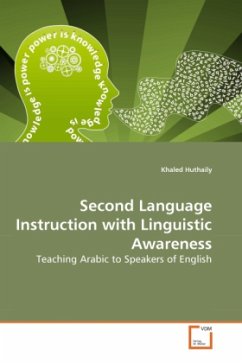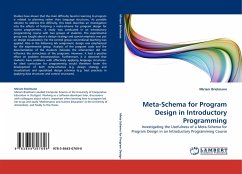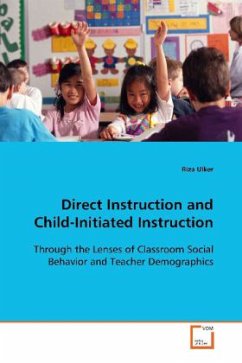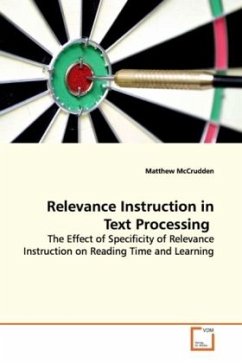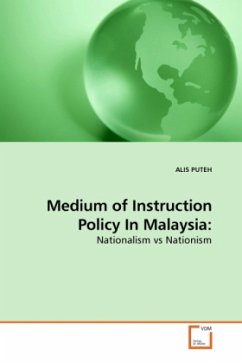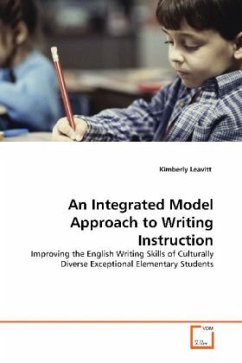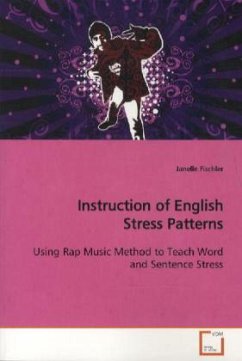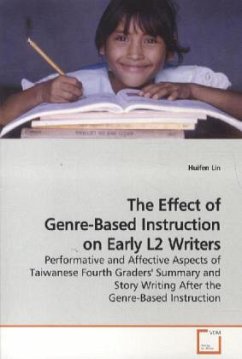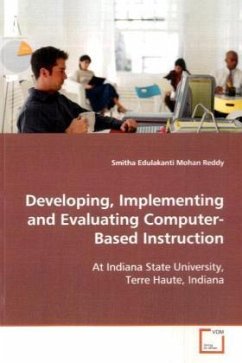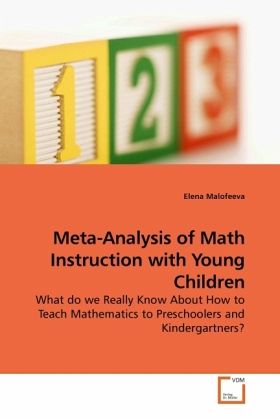
Meta-Analysis of Math Instruction with Young Children
What do we Really Know About How to Teach Mathematics to Preschoolers and Kindergartners?
Versandkostenfrei!
Versandfertig in 6-10 Tagen
39,99 €
inkl. MwSt.

PAYBACK Punkte
20 °P sammeln!
A meta-analytic methodology was used to synthesize 29 intervention studies in the area of mathematics conducted from 1977 to 2003 with preschool or kindergarten children. A total of 1845 students were identified as participants in these 29 studies. On average, the mean weighted effect size for the difference between the experimental and control groups was .467. A combination of direct and guided instruction was the most beneficial instructional approach followed by guided instruction. In addition, interventions including controlling task difficulty, additional explanations provided about taugh...
A meta-analytic methodology was used to synthesize 29 intervention studies in the area of mathematics conducted from 1977 to 2003 with preschool or kindergarten children. A total of 1845 students were identified as participants in these 29 studies. On average, the mean weighted effect size for the difference between the experimental and control groups was .467. A combination of direct and guided instruction was the most beneficial instructional approach followed by guided instruction. In addition, interventions including controlling task difficulty, additional explanations provided about taught concepts, sequencing activities, and small group games showed larger effect sizes than interventions not including these techniques. Such variables as the year of publication, sample size, whether a study was published or not, length of treatment, age, type of the control group, type of design, type of population employed, and percentage of attrition did not predict effect size estimates. Implications of the findings and future directions in this field are discussed.



